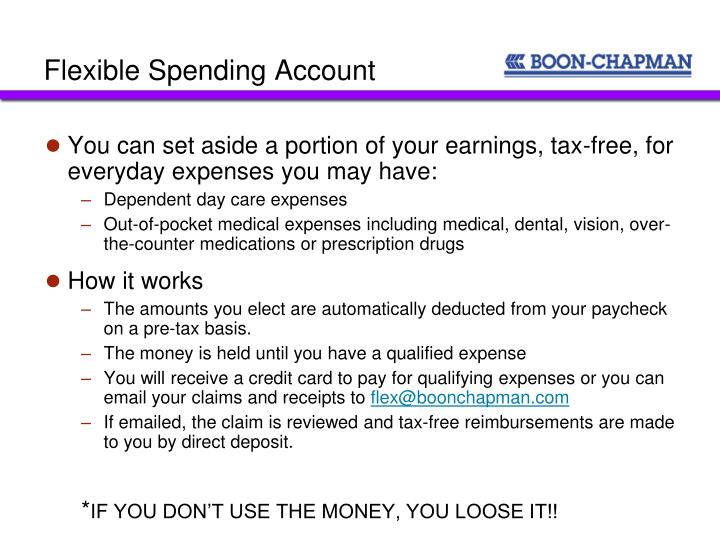
Flexible budgets demand a bit of imagination and require time spent accounting for hypotheticals, but they allow businesses to adapt to changing external factors. This allows for companies to accommodate its needs as factors change throughout the year, such as a high increase in demand for goods or services or a seasonal hike in labor costs. They then allow for fluctuating variable costs, reviewing costs periodically to make real-time adjustments. Companies first account for the fixed costs they expect, or at least costs that they don’t expect to change as the year progresses. What Is a Flexible Budget?įlexible budgets are essentially budgets that can be adjusted depending upon revenue and cost changes throughout the fiscal year, accounting for expected unpredictability.
3 types of flexible expenses how to#
Specifically, we’ll examine why traditional budgeting methodologies are too rigid for startups and discuss how to gain flexibility without sacrificing accountability. Here we’ll delve deeper into the quantitative component of that: budgeting. If you’re unfamiliar with the concept, it’s a good idea to check that out. In a previous article we covered the what, when and how of rolling forecasts. Businesses of all sizes are realizing they need to be nimbler and more flexible in their planning, hence the increased adoption of rolling forecasts. All the forward-looking planning in the world can go right into left field in the face of, say, a global pandemic. By mid-August, dozens of games had been canceled or postponed.Īs Yogi Berra said, “The future ain’t what it used to be.”īusinesses are finding that to be true when it comes to budgeting. And the hits - no pun intended - just kept coming.

It was a valiant effort, summed up in a detailed 101-page (opens in new tab) document optimistically titled, “The 2020 Operations Manual.”Ībout five hours before the Washington Nationals were to play the New York Yankees in the 2020 season opener, a Nats outfielder tested positive for COVID-19. East, Nordics and Other Regions (opens in new tab)Īfter months of fan angst, Major League Baseball announced in July its (opens in new tab) plan to safely play a shortened 60-game season.


 0 kommentar(er)
0 kommentar(er)
